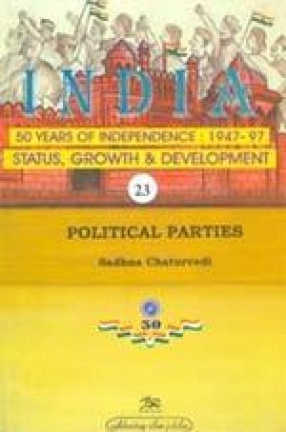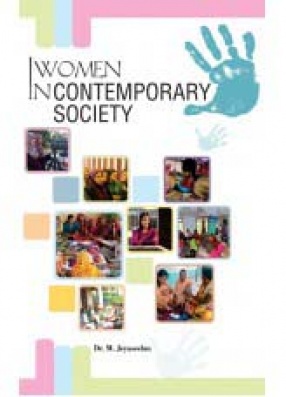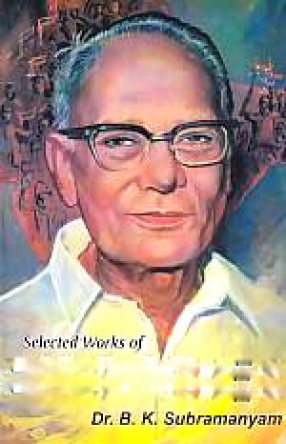This book discusses the gradual deterioration of the party system in India. In yester years, the political scenario was dominated by the Indian National Congress, so much so that the political science preferred to call Indian party system as the "Congress System". The Congress at that embraced within it all shades of political opinions and factions in it which were based on different ideologies. Ultimately this gave way to parties based on personalities, castes, regions and communities. This resulted in a fractured polity, there are parties which are only, in reality one man party. Ideologies have been bid good-bye. Loyalty to the party means loyalty to the leader. Many times the word ‘Supremo’ is used for the party top leader. Not ony that in this context democracy has been substituted by dynastocracy. This phenomenon is not a peculiar feature of Congress, it is discernable in other parties as well. Policies, issues, and ideologies do not matter, what matters is the charismatic personality of the leader. It is worth noticing that even in the forthcoming 1999 Lok Sabha elections, the fight is not between issues or policies. Hence the book poses the question as to whether India can claim to have a genuine party system. It is for the enlightened reader to answer this question.
India: 50 Years of Independence: 1947-97 (Volume 23)
In stock
Free & Quick Delivery Worldwide
Bibliographic information
Title
India: 50 Years of Independence: 1947-97 (Volume 23)
Author
Edition
1st ed.
Publisher
ISBN
8176460117
Length
viii+266p., Appendices; Bibliography; Index; 23cm.
Subjects





There are no reviews yet.